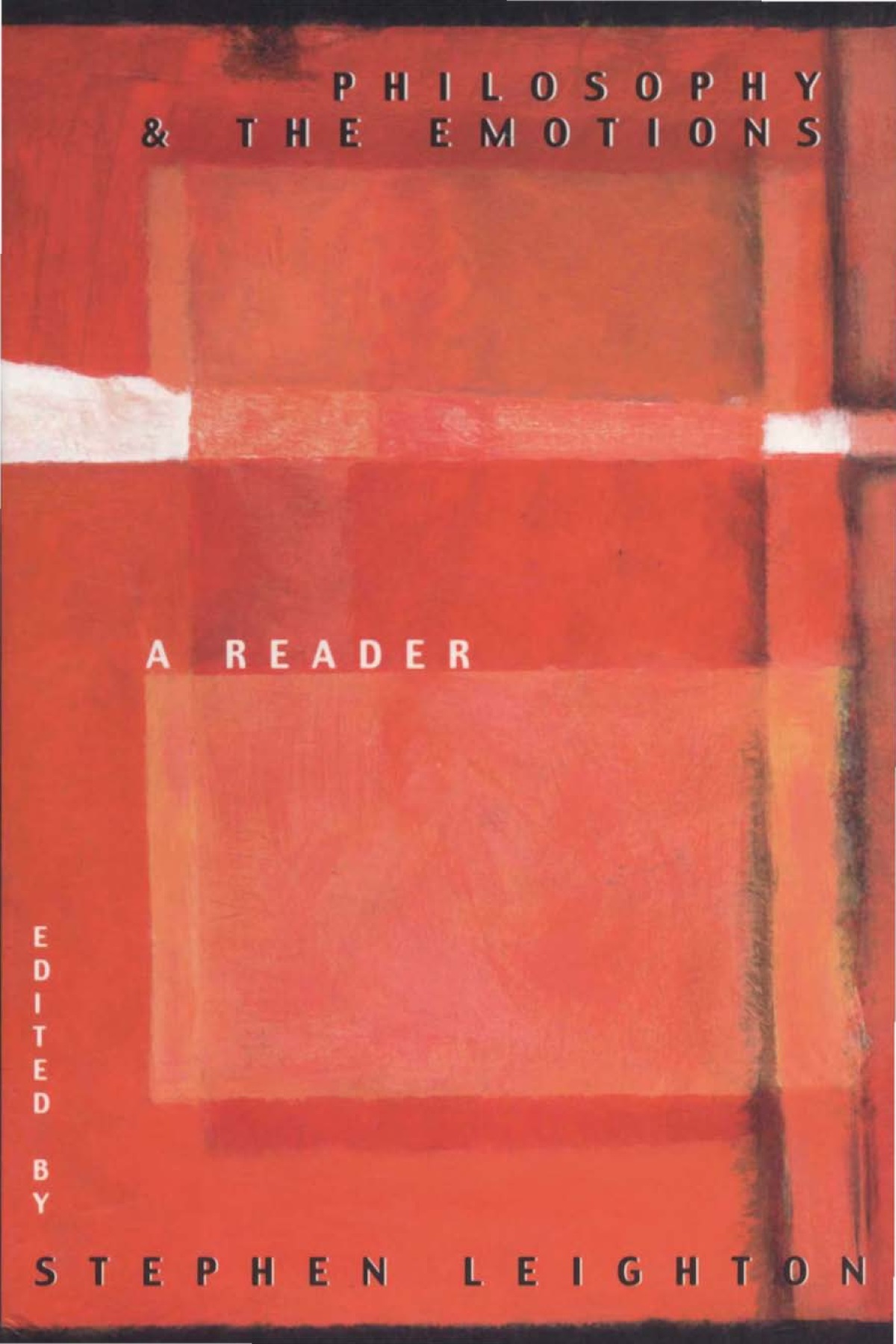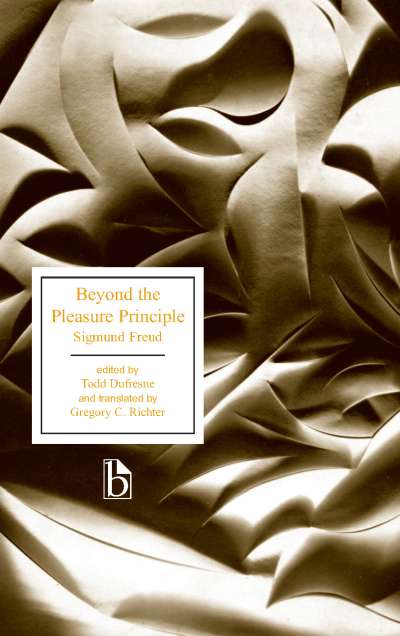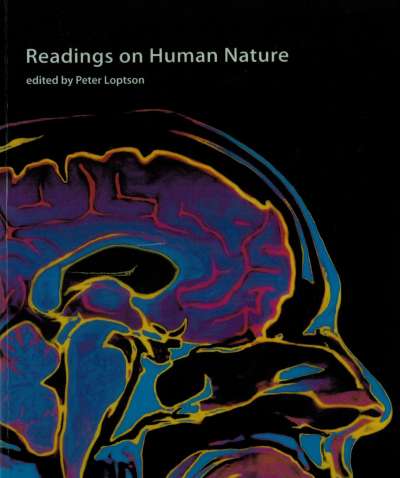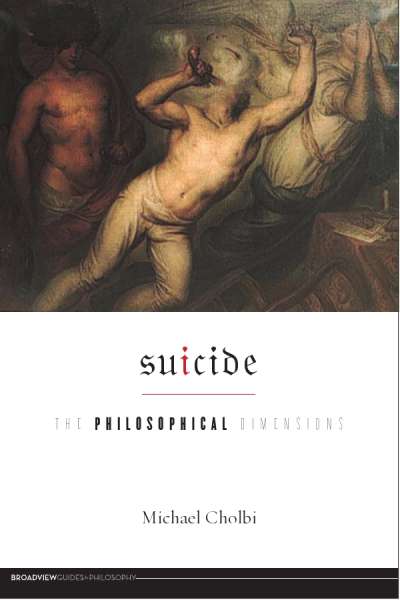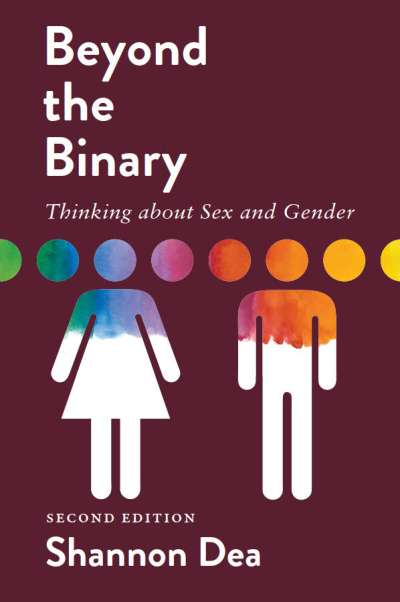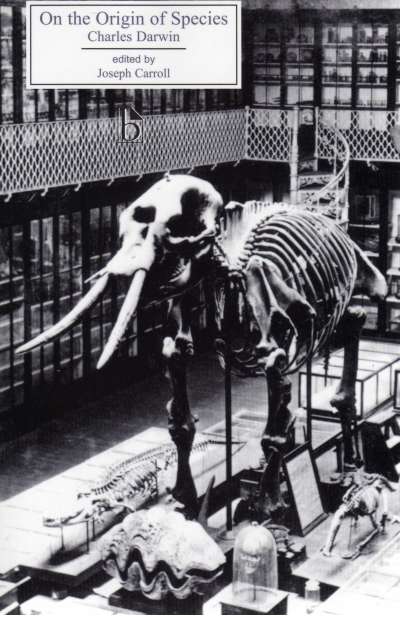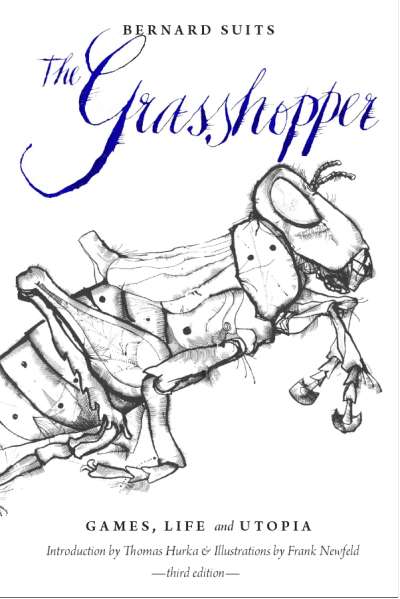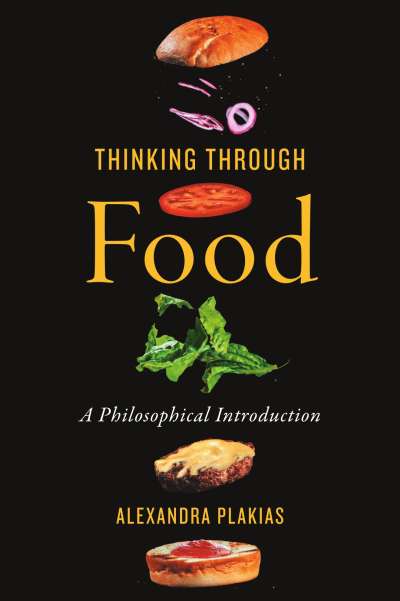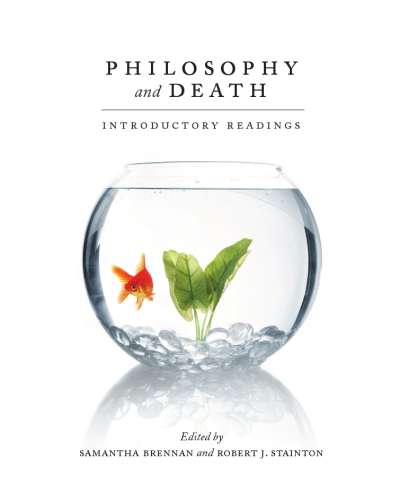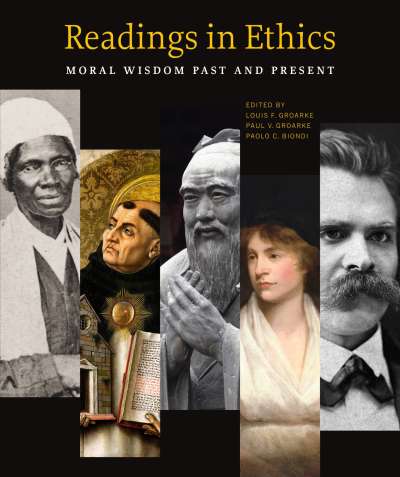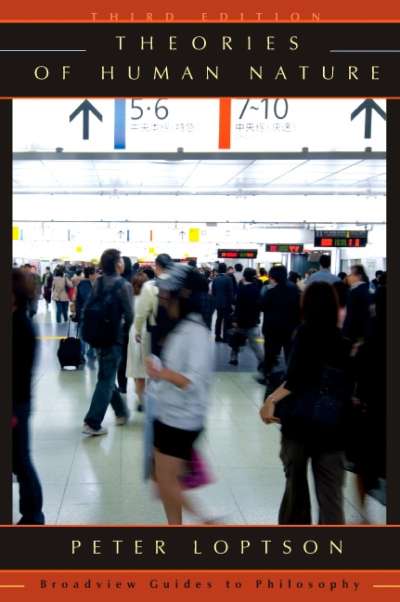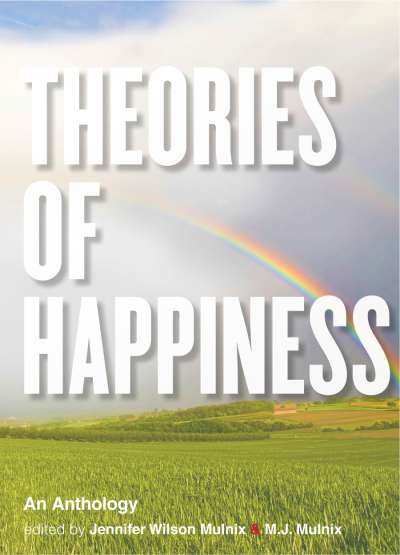While philosophical speculation into the nature and value of emotions is at least as old as the Pre-Socratics, William James’ “What is an emotion?” reinvigorated interest in the question. Coming to grips with James’ proposals, particularly in the light of subsequent concerns for the difficulties inherent in a so-called private language, led philosophers away from analyses centred on feelings to ones centred on thoughts. Analyzing the emotions in this way involves returning to a vision of the emotions that traces its ancestry back to the Stoics, but has proven to be enormously insightful and influential again in modern times. The papers collected here centre on James’ question and often respond explicitly to one another. Together, they provide a sense of what a cognitive view of the emotions maintains, what it denies, and how it has arisen. The connection provides wide-ranging coverage of the point of dispute amongst those impressed by the cognitive approach, and gives a good sense too of the tremendous explanatory power of this view.
Comments
“Stephen Leighton has put together a very helpful collection on the ‘cognitive’ theory of emotion and its various permutations, the objections it has endured, and its alternatives. I recommend it for students and scholars interested in what philosophy has had to say recently about the emotions.” — Robert C. Solomon, The University of Texas at Austin
“What sets this collection apart is that it offers a carefully structured and balanced selection of work that lets the reader see the general shape of the field as well as the kinds of detailed argument that make up its several regions. The pieces, by already distinguished authors, are either classics or recent seminal statements of the positions they represent. Thus it is indispensable for any student of the emotions and is possibly the most useful single volume in this field.” — David Pugmire, University of Southampton

